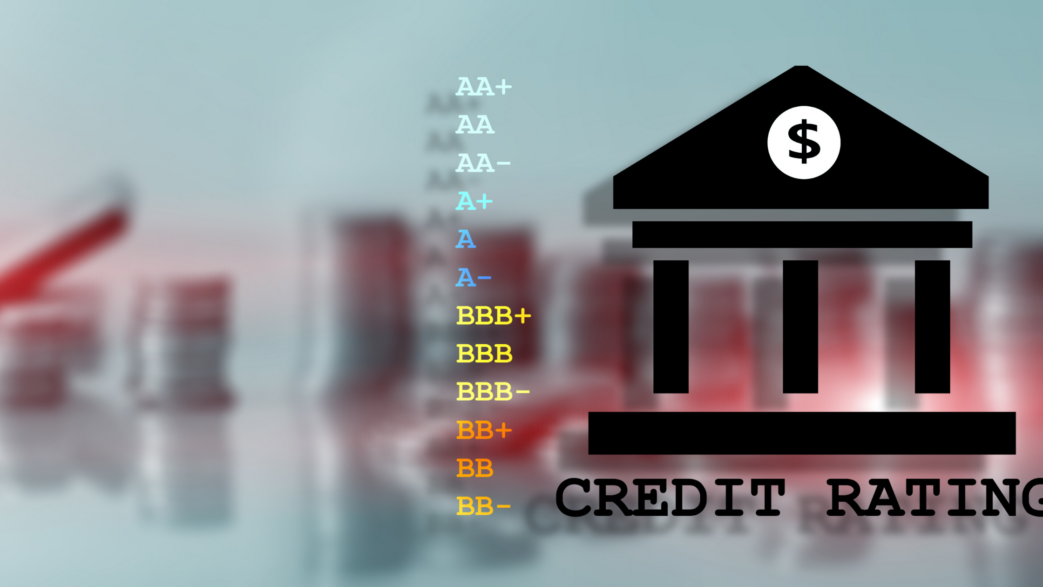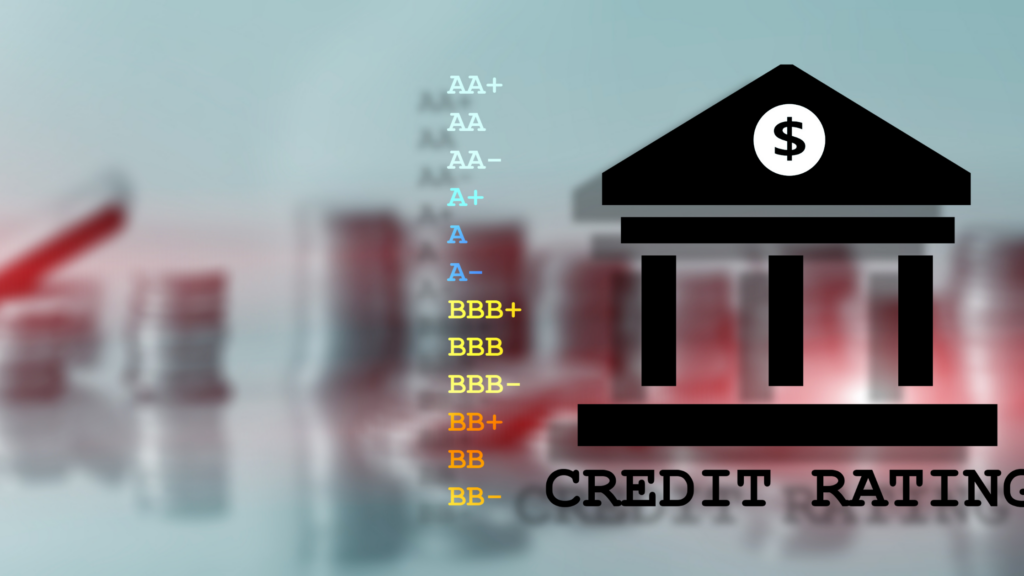Lenders look for things that negatively impact your credit rating. They determine your credit risk based on your credit score as it’s the easiest way for them to determine your ability to pay back credit cards or loans.
The 2 national credit bureaus used by consumers to determine their own credit scores are Equifax and TransUnion. Alternatively, mortgage brokers access FICO for the most accurate assessment of a consumer’s overall credit rating. Fair, Isaac, and Company, or FICO, is a data analytics company and credit scoring service that uses a range between 300 and 850.
The higher your credit score, the lower the risk you are to lenders. There are many factors that influence a credit score positively or negatively. Equifax and TransUnion both have slightly different formulas for determining scores, but there are a few shared considerations evaluated above all else:
Payment History
Your payment history is the most important factor affecting your credit rating. In fact, 35% of your overall score is determined by your financial past. Lenders are most interested in your ability to pay back the credit they are offering. They determine this by your past relationship with other lenders. Your past payments show all consumer debt, minus any mortgages.
It details the following:
- If any payments have been deferred
- Any late payments
- Collections
- Bankruptcies or liens
- Debts were paid off
Strangely, negative payment incidences actually count more against consumers with higher credit scores. Your more recent payment history impacts your score more.on your score.
Credit Use
Your credit use allots for 30% of your overall credit rating. It refers to the amount of credit that you are using in comparison to what’s been loaned. For example, you are using 20% of your credit limit if you have a balance of $1,000 on a credit card that has a $5,000 limit.
Credit History
Lenders trust a consumer credit history that shows consistency over a long period of time. This determines 15% of your overall credit rating.
Credit Diversity
A diverse credit history determines 10% of your overall credit rating. It lends diversity to your credit history like credit cards, lines of credit, mortgages, and loans. The more diversity, the better, as long as your payments are made on time. This shows lenders that you are responsible with different types of credit.
Credit Checks
Your Credit checks determine 10% of your overall credit history. There are two types, a soft check, and a hard check.
A soft check happens each time you check your own credit score. It can also occur when someone else reviews your credit history for non-lending purposes. This occurrence does not negatively affect your credit score.
A hard check happens each time you apply for a credit card or loan. Too many hard checks over a short period of time can negatively affect your credit score. Too many applications for credit products can communicate to creditors that you having financial problems. This makes you look like a credit risk.
If your credit rating is not ideal, this is my specialty. Fill out my convenient loan application or Contact me today.


